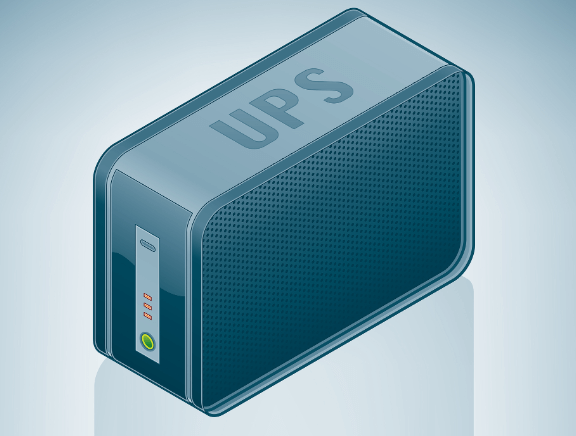The Importance of UPS Power Supply Systems in Business Continuity Planning

In just about any business, ensuring uninterrupted operations is paramount for maintaining competitiveness and meeting customer expectations. One crucial component of effective business continuity planning is the implementation of UPS power supply systems (UPS). These systems play a vital role in safeguarding critical equipment and data against power disruptions, thereby minimising downtime and potential losses. In this article, we will outline the importance of these systems in business continuity planning and why businesses should prioritise their adoption.
Protecting Against Power Interruptions
Power interruptions can occur due to various reasons, including natural disasters, equipment failures, or grid issues. Regardless of the cause, the consequences of power outages can be severe for businesses, leading to disrupted operations, data loss, and financial implications. UPS power supply systems act as a crucial line of defence by providing a reliable source of power during such interruptions. By instantly switching to battery backup when mains power fails, these systems ensure continuity of operations, allowing businesses to mitigate the impact of power outages.
Safeguarding Critical Equipment and Data
Modern businesses rely heavily on electronic equipment and data infrastructure to carry out their operations efficiently. Any damage or loss to these assets can significantly disrupt workflows and hamper productivity. UPS offers an added layer of protection by providing stable and clean power to sensitive equipment, such as servers, network devices, and telecommunications systems. Moreover, many UPS units feature built-in surge protection and voltage regulation capabilities, further safeguarding equipment from damage caused by power fluctuations.
Minimizing Downtime and Losses
Downtime can be extremely costly for businesses, leading to lost revenue, decreased productivity, and damage to reputation. By ensuring uninterrupted power supply, UPS systems help minimise downtime by allowing critical systems to remain operational during power outages. This continuity of operations is particularly crucial for industries where even a few minutes of downtime can have significant repercussions, such as e-commerce, finance, healthcare, and manufacturing. Investing in UPS systems is, therefore, a proactive measure to mitigate the financial and operational risks associated with downtime.
Enhancing Data Security and Integrity
Data loss or corruption can have serious consequences for businesses, ranging from compliance violations to reputational damage. UPS systems play a vital role in maintaining data security and integrity by preventing sudden shutdowns or disruptions that could lead to data loss. Additionally, UPS units equipped with features such as automatic voltage regulation (AVR) help ensure a stable power supply, reducing the risk of data corruption caused by electrical anomalies.
Meeting Regulatory Requirements
Many industries are subject to regulatory requirements mandating the implementation of measures to ensure business continuity and data protection. UPS systems can help businesses comply with these regulations by providing a reliable backup power solution. By demonstrating a proactive approach to mitigating risks associated with power outages, businesses can not only meet regulatory requirements but also enhance their reputation and credibility among stakeholders.
In conclusion, UPS systems play a critical role in business continuity planning by protecting against power interruptions, safeguarding critical equipment and data, minimising downtime and losses, enhancing data security and integrity, and meeting regulatory requirements. Investing in UPS systems is a proactive measure that can help businesses maintain operational resilience and ensure uninterrupted service delivery, even in the face of unforeseen disruptions.




